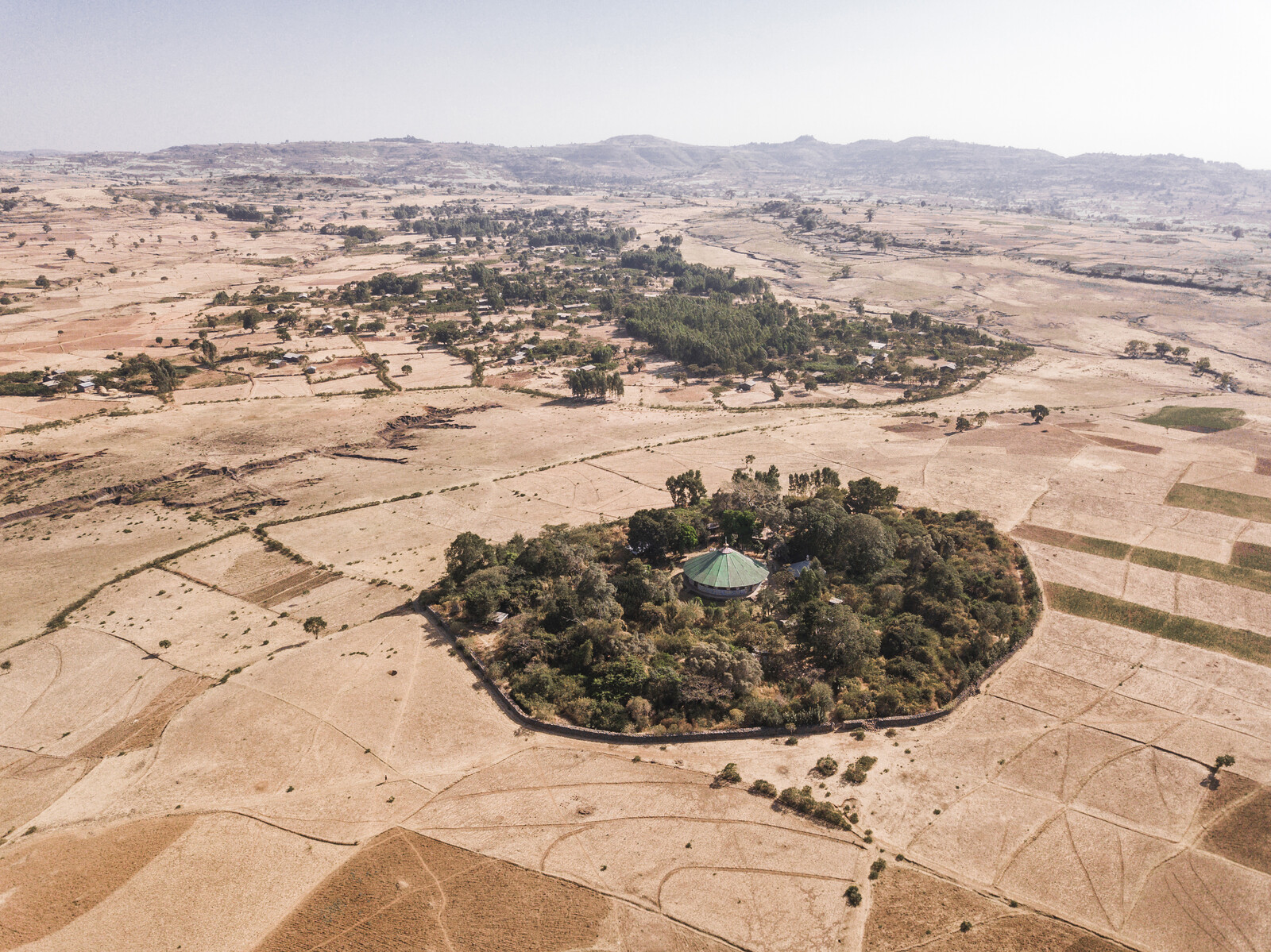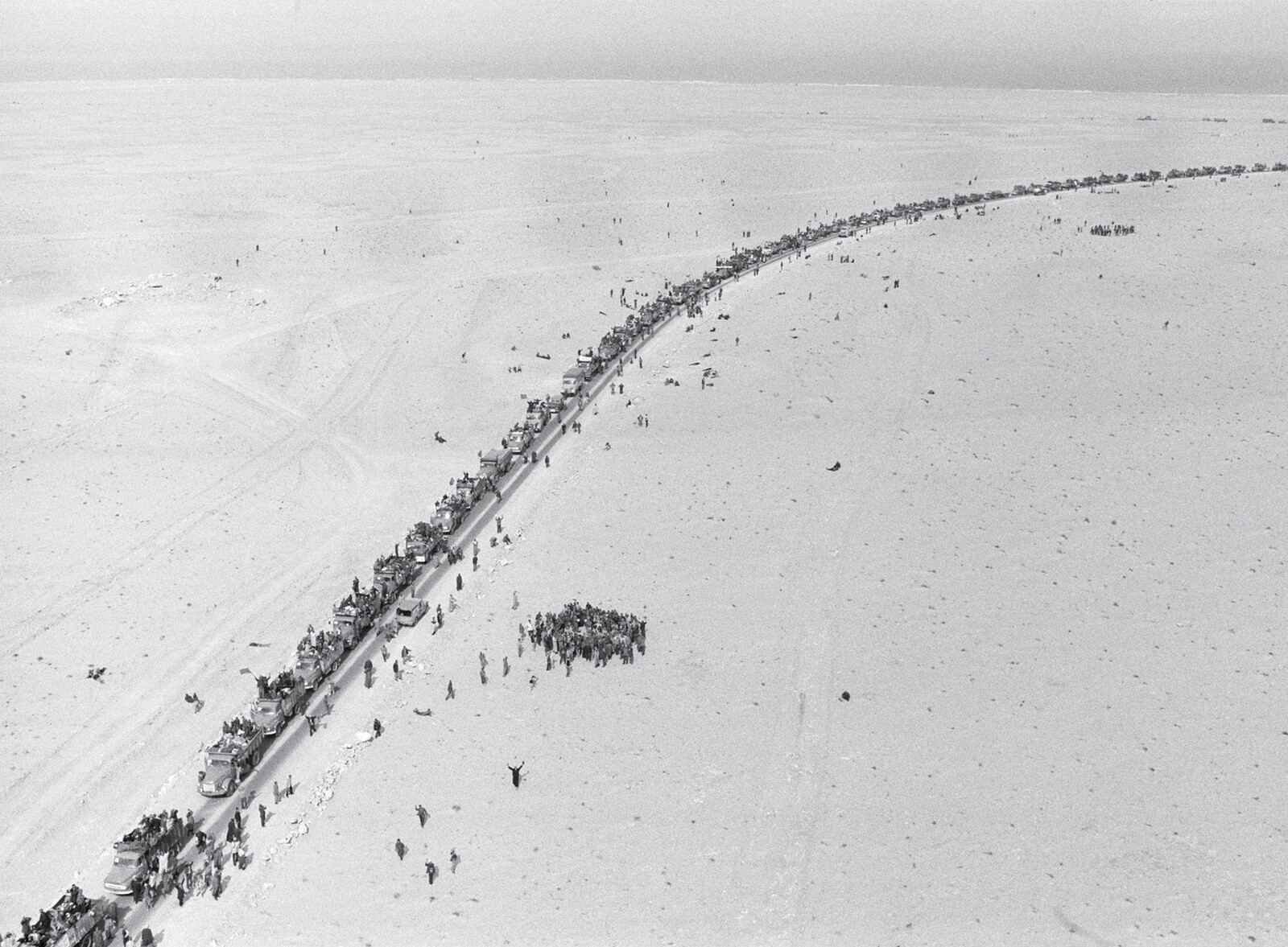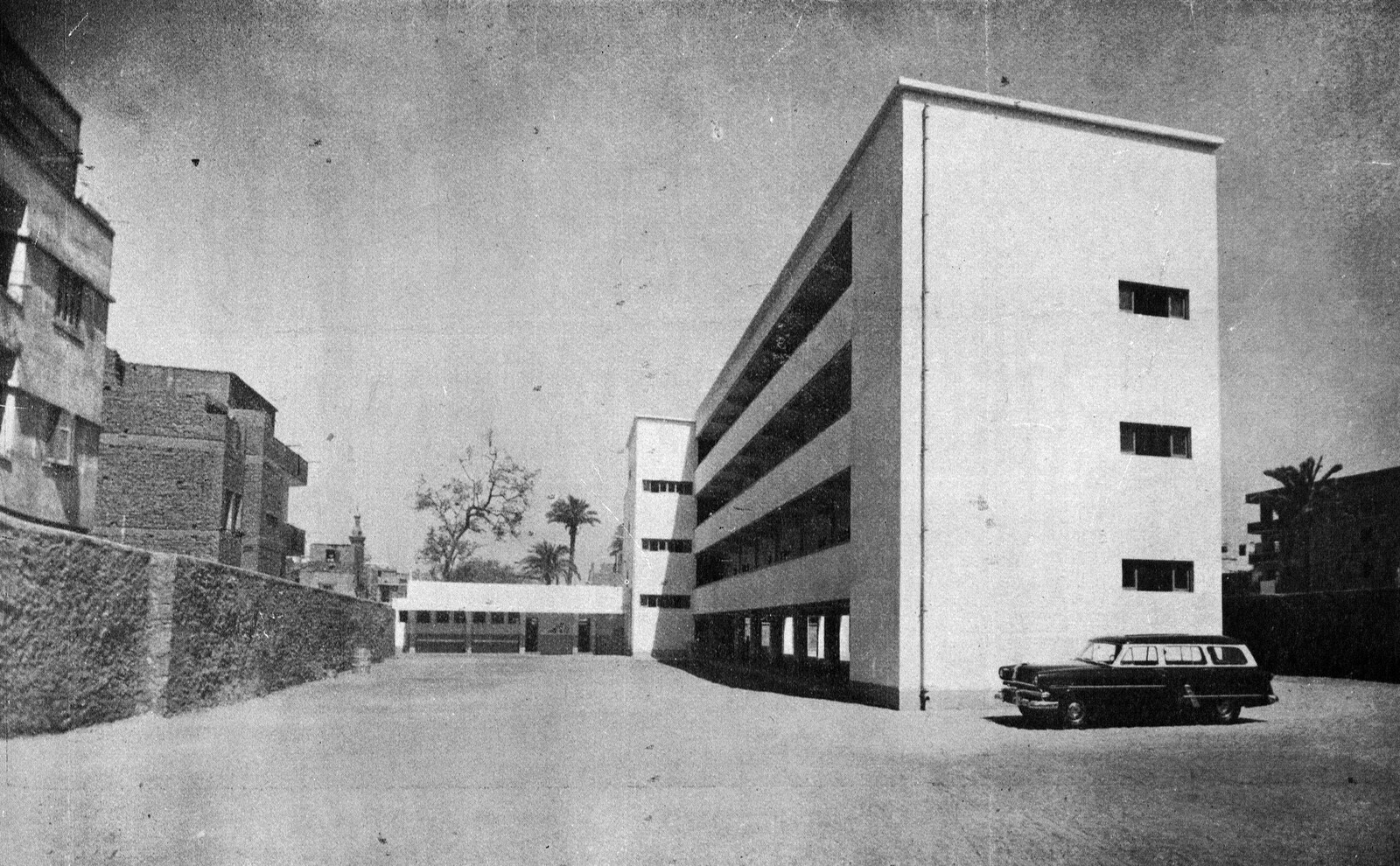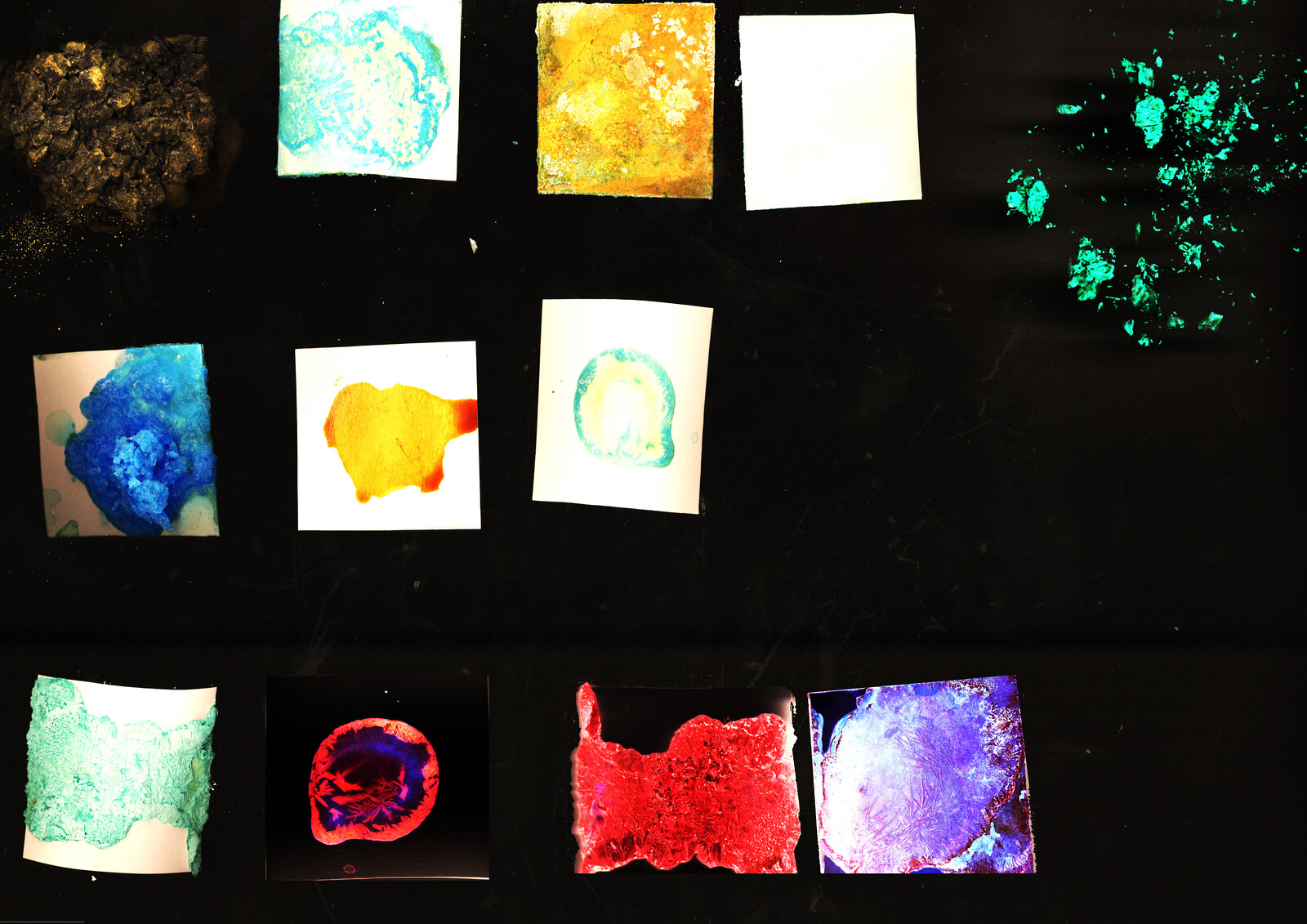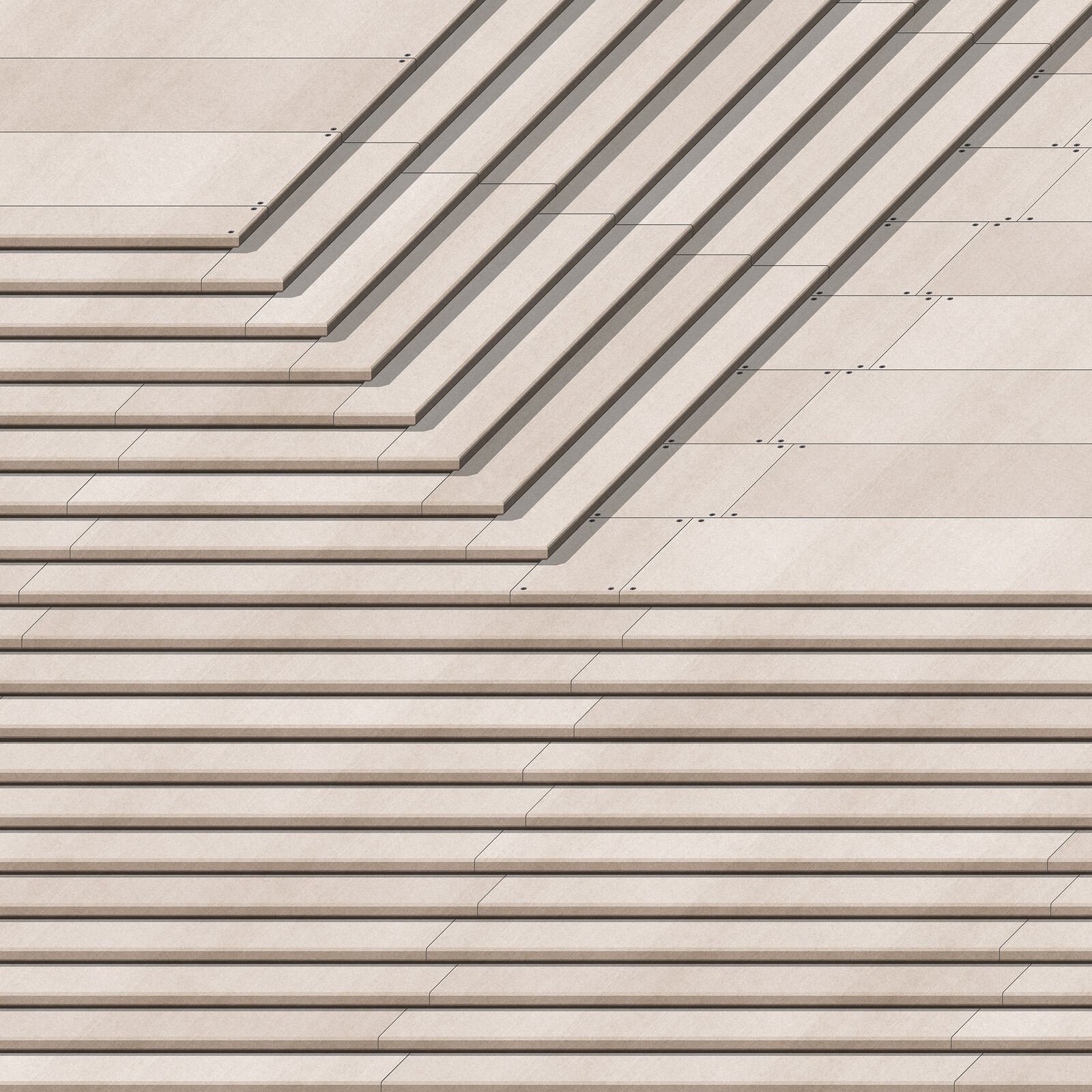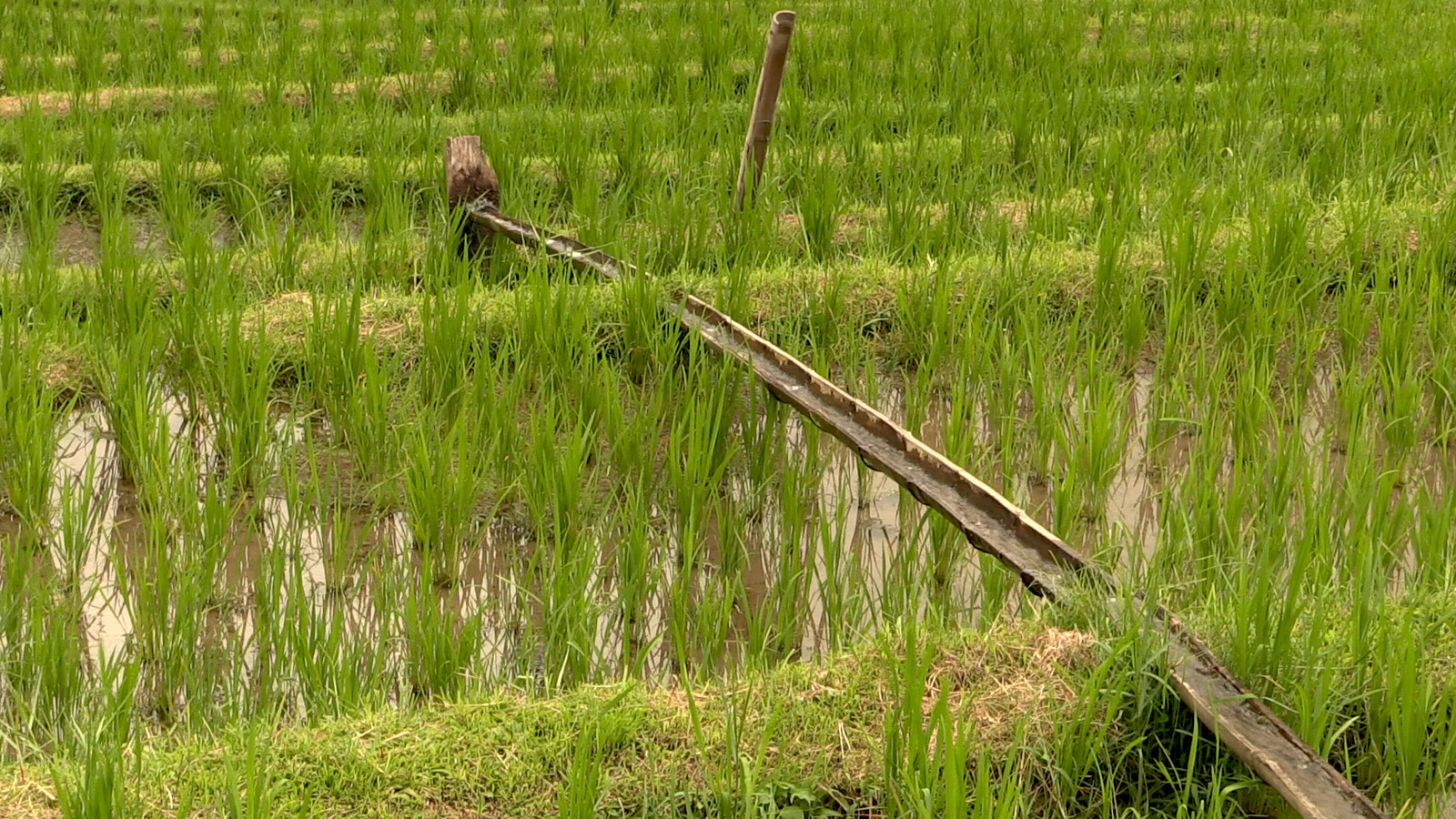Conditions is a collaboration between the Sharjah Architecture Triennial and Africa Is a Country, Ajam Media Collective, ArtReview, e-flux architecture, Jadaliyya, and Mada Masr. Over the next two weeks, e-flux Architecture will feature contributions by Pier Vittorio Aureli and Martino Tattara, Informal Collective, Mohamed Elshahed and Farida Makar, Adam Jasper, Vyjayanthi Rao, and Sumayya Vally.
In 1977, a group of architects led by Oswald Mathias Ungers proposed a plan for the future of Berlin that accepted its depopulation in an unsentimental way. According to the plan, Berlin’s population would gradually have to be relocated to points in the city that deserved to be reinforced. The rest of the city would be allowed to “deteriorate and turn slowly into nature.”1 The points would become islands of metropolitan intensity, selected to keep Berlin’s most emblematic conditions alive. When the moment to rebuild arrived, as it eventually would, the archipelago would be all that was required to begin the city’s renewal.
Today, there are thousands of sacred forests located in the highlands of northern Ethiopia. The forests are organized around Orthodox Christian churches and, occasionally, mosques as well. They form an archipelago of a different kind—islands of religious and ecological, rather than metropolitan, intensity. They are protected from clearing and ploughing by embodying a different way of being in the world, an alternative set of relations between humans and forests that is not predicated on the conversion of forests into a resource for humans. On the contrary, the communities see the forest as an extension of the church.2
The Global South is not a region. It is an archipelago that has survived empire, colonialism, and capitalist extraction. Each island embodies a struggle to sustain alternative ways of being in the world—a rebellion against extinction that has been going on for centuries. The inaugural Sharjah Architecture Triennial, titled Rights of Future Generations, is an attempt to look for some of these conditions, or sites of resistance to dominant modes of living. Which ecologies support the current state of things, and which ecologies can resist it? Which conditions produce non-exploitative relationships between humans and other beings, and between those who are here, those who have gone, and those yet to come? Architecture has a fundamental role in imagining other, less extractive forms of coexistence in the face of the climate crisis. The possibility to think across extended lineages and complex networks of kinship is at the heart of this challenge.
Florian Hertweck and Sébastien Marot, eds., The City in the City, Berlin: A Green Archipelago (Zurich: Lars Müller, 2013), 14.
See Tom Boylston, The Stranger at the Feast: Prohibition and Mediation in an Ethiopian Orthodox Christian Community (Oakland: University of California Press, 2018), 72–85.
Conditions is a collaboration between the Sharjah Architecture Triennial and Africa Is a Country, Ajam Media Collective, ArtReview, e-flux architecture, Jadaliyya, and Mada Masr, within the context of its inaugural edition, Rights of Future Generations.
